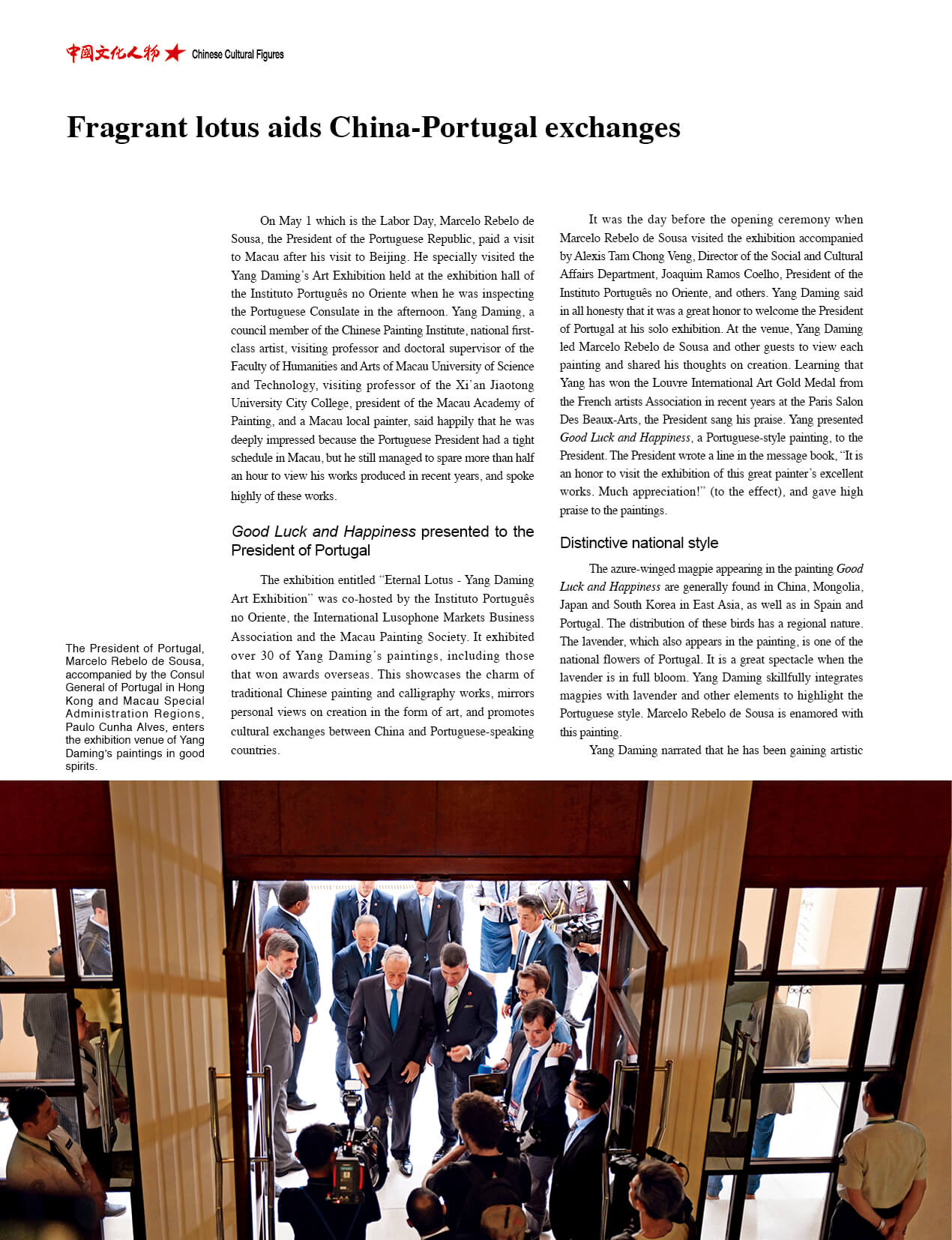"Exploring the Secrets Behind Which People Are Most Attractive: Traits, Culture, and Perception"
#### IntroductionWhen we discuss attractiveness, we often wonder: **which people are most attractive**? This question transcends mere physical appearance, d……
#### Introduction
When we discuss attractiveness, we often wonder: **which people are most attractive**? This question transcends mere physical appearance, delving into the realms of personality, culture, and individual preferences. Attractiveness is a complex concept influenced by various factors, including societal standards, personal experiences, and psychological elements. In this article, we will explore the multifaceted nature of attractiveness and what makes certain individuals stand out.
#### Defining Attractiveness
Attractiveness is not solely defined by physical traits such as facial symmetry, body shape, or grooming. While these aspects play a significant role, they are only part of a broader picture. Attractiveness also encompasses personality traits like kindness, confidence, and humor. Research has shown that people often find those who exhibit positive characteristics more appealing, suggesting that inner beauty can be just as crucial as outer beauty.
#### Cultural Influences on Attractiveness

Different cultures have varying standards of beauty, which can significantly affect perceptions of attractiveness. For instance, in some cultures, a fuller figure may be seen as more attractive, symbolizing wealth and health, while in others, a lean physique may be preferred. Media representation, societal norms, and historical contexts all contribute to shaping these ideals. Understanding these cultural differences helps us appreciate the diversity of attractiveness and challenges the notion of a universal standard.
#### The Role of Personality
When pondering **which people are most attractive**, one cannot overlook the impact of personality. Traits such as confidence, intelligence, and a good sense of humor often enhance a person's attractiveness. Research indicates that individuals who display warmth and friendliness are perceived as more attractive, regardless of their physical appearance. This phenomenon highlights the importance of interpersonal skills and emotional intelligence in attracting others.
#### Psychological Factors

Psychological theories, such as the Halo Effect, suggest that people often associate positive traits with individuals they find physically attractive. This cognitive bias can lead to a cycle where attractive individuals receive more social benefits, reinforcing their desirability. Additionally, self-esteem plays a crucial role; people who feel good about themselves often exude confidence, making them more attractive to others.
#### Personal Preferences
Attractiveness is highly subjective and influenced by personal preferences. Factors such as individual experiences, upbringing, and even biological instincts can shape what one finds attractive. For example, some individuals may be drawn to specific physical features, while others prioritize emotional connection or shared interests. Understanding that attraction is not one-size-fits-all is essential in appreciating the diversity of human relationships.
#### The Impact of Social Media

In today's digital age, social media platforms significantly influence perceptions of attractiveness. Filters, editing tools, and curated images often create unrealistic standards that can skew public perception. While social media can enhance visibility and allow individuals to showcase their attractiveness, it can also lead to comparisons and unrealistic expectations. It's crucial to navigate these platforms mindfully, recognizing that what we see online may not reflect reality.
#### Conclusion
In conclusion, the question of **which people are most attractive** is complex and multifaceted. Attractiveness transcends physical appearance, encompassing personality traits, cultural influences, and personal preferences. By understanding the various factors that contribute to attractiveness, we can foster a more inclusive appreciation of beauty in all its forms. Ultimately, recognizing the diversity of attractiveness can help us build deeper connections and appreciate the unique qualities that make each individual special.